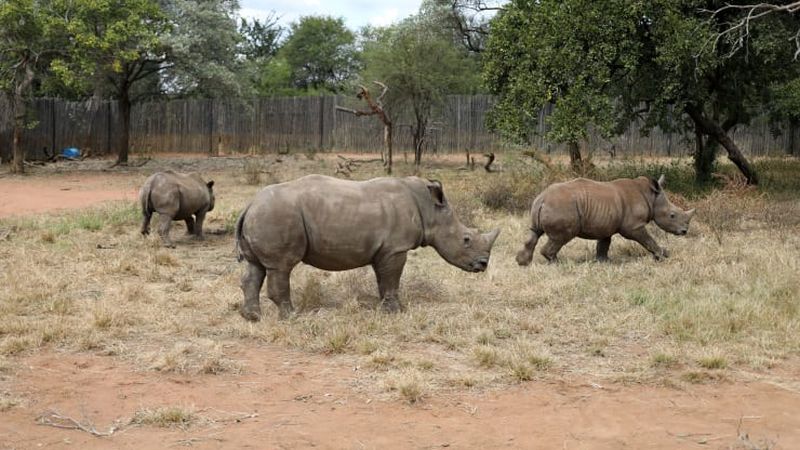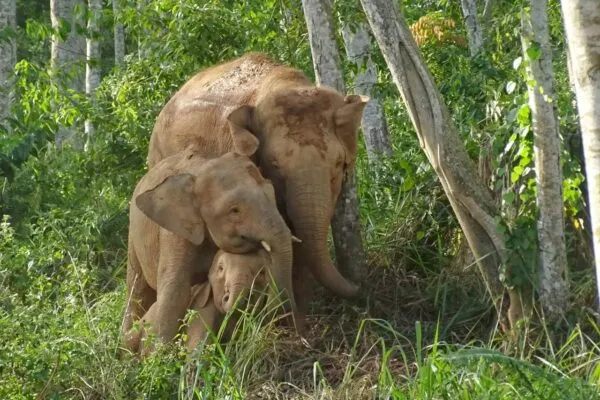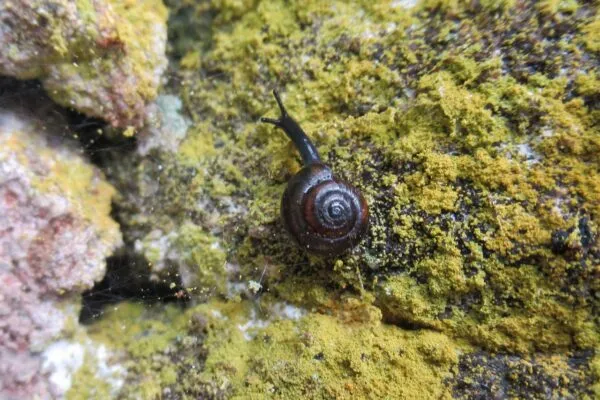Poaching Incidents Escalate in Africa After Tourism Plunges Due to Coronavirus Pandemic
While the whole world has been rejoicing over the emergence of wildlife in empty streets during the worldwide coronavirus lockdowns, poaching incidents in Africa have seen a concerning rise. Although poaching is quite common in Africa, poachers have encroached land they normally wouldn’t venture on and killed rhinos in tourism hotspots as they are now devoid of visitors and safari guards.
In Botswana, at least six rhinoceros have been killed since the coronavirus lockdowns stopped the tourism industry. Botswana’s security forces in April shot and killed five suspected poachers in two incidents. In northwest South Africa, at least nine rhinos have been poached since the virus lockdown. All the poaching took place in major tourist hotspots that were previously safe for animals to wander around.

Poaching incidents in Africa have escalated amid coronavirus / Image: Reuters
The poachers have been emboldened because the playing field is in their favor and they won’t have as many problems moving around. There are still rangers in the African reserves, but the loss of tourist vehicles in parks provide poachers a significant advantage.
The highly organized poaching incidents threaten the endangered populations of black and white, elephants and other African wildlife into extinction over the next few decades.
According to the World Wildlife Fund, the black rhino population has plummeted 97.6% since 1960 and the lion population is down 43% in the last 21 years. At least 35,000 African elephants are killed each year and roughly only 1,000 mountain gorillas and 2,000 Grevy’s zebras remain on the continent.
Funding from sources like national park fees and safari rides are crucial to wildlife conservation in Africa. However, tourism has collapsed owing to the pandemic and national parks that provide wildlife a safe place from poachers who are losing revenue. All three national parks in Rwanda have temporarily closed, along with Virunga National Park in the Democratic Republic of the Congo and Kruger National Park in South Africa.
Moreover, another concern is regarding the damage that pandemic has inflicted upon the African economies and sharply increased unemployment levels. It is feared that people will become desperate for income sources and pursue poaching to make a living.
Wildlife conservationists expect that in addition to professional poachers killing more animals, countries across the continent will see a massive surge in bush meat poaching by average people as it is cheaper to kill animals for meat than to buy it.
Via: CNBC


